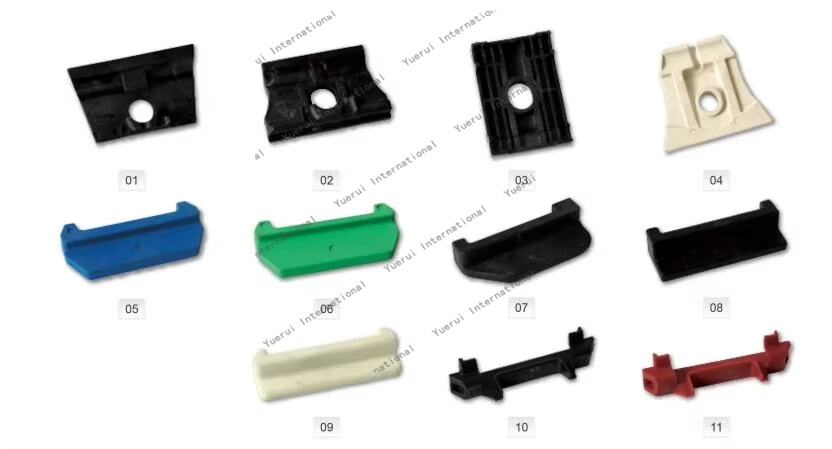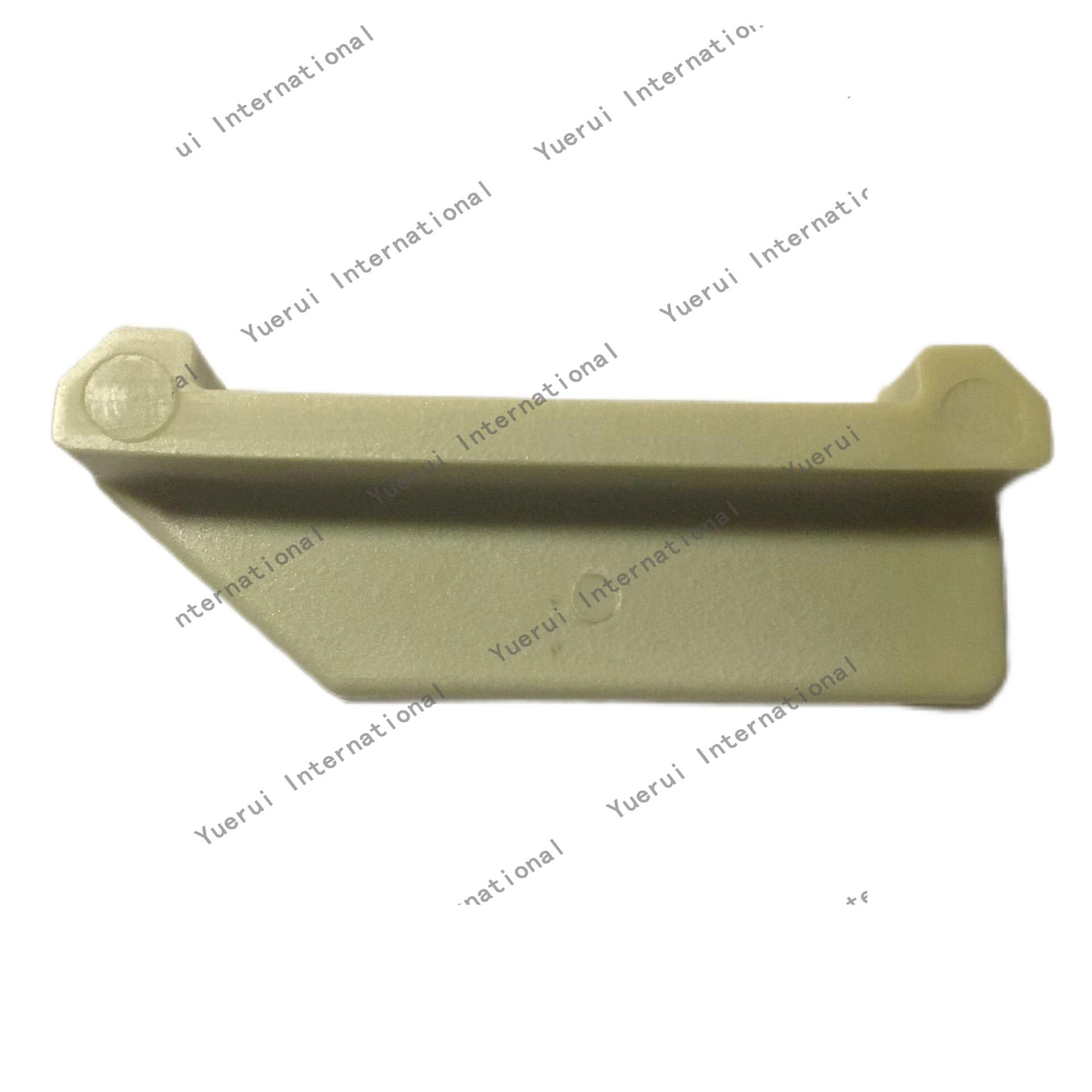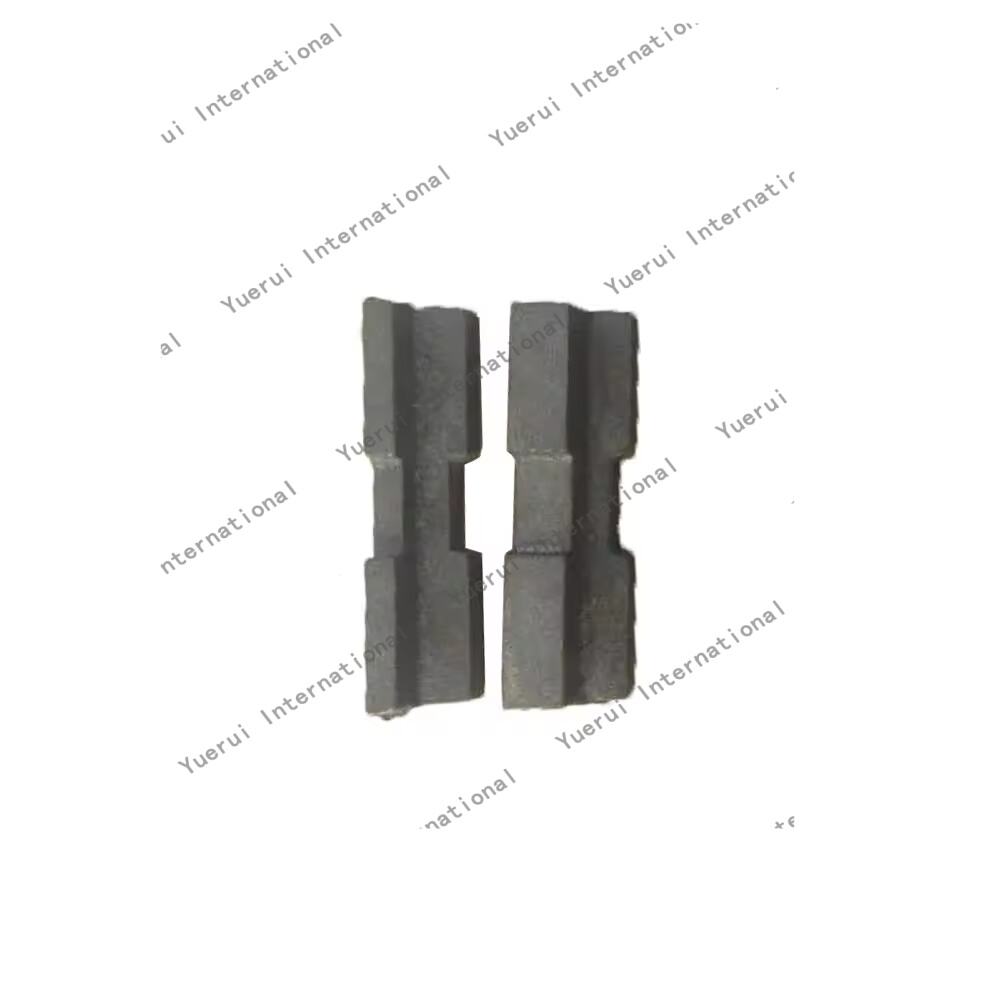using gauge blocks
Gauge blocks, also known as Johannsson blocks, are precision-engineered measuring tools that serve as the foundation for dimensional quality control in manufacturing and metrology. These rectangular blocks are manufactured to extremely precise dimensions and are used as reference standards for calibrating measuring instruments and checking the accuracy of manufactured parts. Made from wear-resistant materials like steel, ceramic, or tungsten carbide, gauge blocks feature exceptionally flat and parallel measuring faces that can be wrung together to create precise measurements. The blocks come in sets of various sizes, allowing users to combine different blocks to achieve specific required dimensions. Their remarkable accuracy, typically ranging from ±0.00001 inches to ±0.000004 inches, makes them indispensable in precision engineering. The wringing capability of gauge blocks, where blocks adhere to each other through molecular attraction, enables users to create custom measurement standards. This versatility, combined with their durability and reliability, has established gauge blocks as the primary reference standard in dimensional metrology for over a century.


